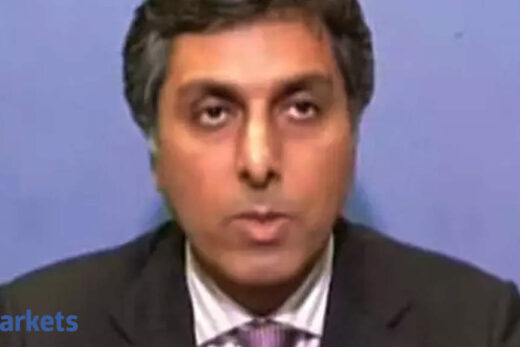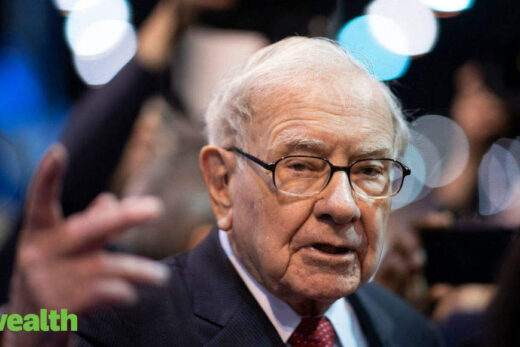“If you look at the valuations of cement stocks and metal stocks, and if you look at the prospect of metal stocks, there is a huge divergence there. I don’t understand it yet. I think there is a great opportunity there. I am a large investor there,” Jhunjhunwala said at an AIMA Conclave on Tuesday.
Arguing that the most battered stocks, and smallcaps and midcaps are going to give biggest returns from here on, the ace investor said: “It’s not going to be the HDFCs and the Titans and the most favoured stocks. It is the battered and cyclical stocks which will give the best returns over the next 4-5 years.”
Jhunjhunwala reduced his stake in watch and jewellery maker Titan, his biggest holding, to 3.97 per cent from 4.21 per cent in March quarter. That, however, does not mean he has turned pessimistic about the potential of his favourite stock.
Asked why he has not invested in other FMCG companies, Jhunjhunwala said: “It has been such an overwhelming life in Titan that there is no space for other scrips. Whatever I have bought at a reasonable valuation has shot up. Titan is doing well, why should I sell it. Where will I get the money to buy some new scrips?”
His portfolio, widely tracked by market participants, is not a structured one. “It is not on the basis of alpha and beta. It’s all done on the basis of my intuition and feelings. I have been horribly wrong and right sometimes,” he said.
Asked whether the commodities boom will turn into a super cycle, as is being projected in several reports, the Big Bull said the cycle will last at least for next 10 years.
“The demand for metals, both ferrous and non-ferrous, is going to be huge thanks to the need to cut production due to pollution, underinvestment over the past few years, replacement cost and low ROEs,” said he.
Jhunjhunwala has also turned bullish on the real estate sector. “I am not bullish on the fancy real estate. I am bullish if I am buying land around the tier II towns, or if you buy land along the road where a Metro is coming. I would say there would be a lot of sales in metropolitan cities of Bengaluru or Ahmedabad, but there will not be much rise in prices. Volumes will be there,” he said.
Complex web of trading and investing
Educated as a chartered accountant, Jhunjhunwala explained how he balances his life between the two worlds of trading and investment.
“All my capital is employed in investing. For all my trading, I pledge my invested shares and raise capital. Trading and investing are two different compartments. Trading is ‘le phataphat and de phataphat’ (buy quickly and sell quickly). The short-term momentum can be even for 6-9 months or even a year. But investments are based on the analysis of the earnings potential,” said Jhunjhunwala, who is often referred to as India’s own Warren Buffett.
How does he get the capital to invest? “By trading profits. I would not have taken it, but if my father-in-law gave me money, my wife would have been my boss. I had to earn money in trading and then invest,” says he.
On using leverage, he says he does it with maturity. “It is not wrong to leverage, especially when the opportunity is great. No capital of mine is involved in trading. The only capital I invest in trading is money borrowed against the security of my investments. So if I earn Rs 1 crore in trading, the return on capital is 1 crore per cent. There is no capital employed actually. I pledge my shares and raise capital. For futures, I give shares on margin and trade,” Jhunjhunwala said.
Unlisted investments
He also gave a sneak peek into his unlisted investments, which might be about one-third of his entire portfolio. He said he owned shares in a KPO, two pharma companies, a money management firm, a shoe retailer and a FMCG player and some schools. They are all long-term investments for 10-12 years.
Asked about his opinion on startups like Zomato, Policybazaar and Nykaa that may get listed soon, Jhunjhunwala sounded bearish. “I don’t have to go to every party in town. I don’t want to invest in these dreams. I can invest in dreams at a valuation.”



